Below is a viewpoint from the Foresight Africa 2022 report, which explores top priorities for the region in the coming year. Read the full chapter on public health.
Opportunity and dependency
Twelve decades after Ronald Ross won the Nobel Prize for his foundational work on understanding malaria transmission, the World Health Organization recently recommended widespread use of the new RTS,S malaria vaccine among children in sub-Saharan Africa and other regions with moderate to high transmission of P. falciparum, a deadly form of the malaria parasite. RTS,S achieves up to 40 percent reduction in malaria episodes—an important feat in absolute terms because more than 260,000 African children under the age of five die from malaria annually.
The landscape of fighting malaria in Africa has four dimensions. First is the human toll in the form of preventable illness, disability, and death—this dimension prompts commitments to action. Second is the political dimension, via multiple statements of commitment to curbing malaria and achieving Universal Health Coverage. Without financing, though, political statements are mere platitudes. Indeed, financing, the third dimension, reflects the continent’s enduring dependency on external financiers. For example, a recent estimate showed that, in low-income countries, development assistance for health (DAH) provided about 70 percent of total immunization spending in 2017. In 31 African countries, DAH provided more than 50 percent of total immunization spending that year. The dependency of most malaria-endemic African countries on external financiers belies the political declarations of commitment. The fourth dimension, technology, has two main categories. One is prevention by killing or keeping at bay the vector—the Anopheles mosquito—through indoor residual spraying (IRS) and insecticide-treated nets (ITNs), as well as preventive treatment with medicines. The other is case management through diagnosis and treatment with medicines. The new malaria vaccine strengthens the suite of technologies, all of which remain important.
The dependency of most malaria-endemic African countries on external financiers belies the political declarations of commitment.
The easy wrong versus the challenging right
There are two main options for financing the next phase of malaria control and elimination in Africa. One is continued dependency on external financing, including for the new vaccine—from development banks, foundations, and grant financiers like the Global Fund to Fight AIDS, Tuberculosis and Malaria (for ITNs and medicines) and Gavi (potentially for the malaria vaccine). Indeed, Gavi, has announced its decision to commit $155.7 million to finance malaria vaccine introduction, procurement, and delivery for Gavi-eligible countries in sub-Saharan Africa in 2022-2025. While such externally-driven mechanisms might have short-term merit in some cases, the strategic reality is that they have enduring pernicious effects on Africa. They unwittingly deepen and prolong the dependency of Africa on solutions designed outside the continent, dampen incentives for Africa to develop its own institutions, shift the loci of accountability from African leaders and capital cities to politicians and unelected influencers outside the continent, and absolve African leaders of their responsibilities. They also leave the continent vulnerable to the vagaries of geopolitics during crises, as evidenced by the extreme inequity of access to COVID-19 vaccines despite abundant supplies in the Global North. For these reasons, the path laid by Gavi, while familiar and easy, is also wrong because of its long-term implications for prolonging Africa’s dependency on the Global North.
It is time for a strategic rethink. The alternative and prudent path is to approach the vaccine as an opportunity for African countries to finally take financial responsibility for the continent’s fight against malaria. Accomplishing such a tall task requires three key steps. First is that African countries lead and own the continent’s plan of attack against malaria based on the technical expertise and political legitimacy of the Africa Centers for Disease Control and Prevention (Africa CDC). Second is that financing should primarily come from the domestic budgets of African countries. The burden of malaria in Africa is mostly predictable, and thus amenable to multi-year public expenditure frameworks. African countries would finance those domestic budgets first from their own general revenues, supplemented by prudently managed domestic and international borrowing that is on budget and within their control. Third, African countries would seek time-limited external grant financing to complement domestic budgets. They, not Gavi or any other entity outside the continent, would set the terms of engagement and execution for all malaria programs and technologies in Africa, including the vaccines. External financing would add to, but not substitute for, domestic financing from public budgets. External technical assistance would support African programs without setting or dominating the agenda from outside. That new path, though wise, would be challenging. It would upend the status quo of dependency and cause discomfort within and outside the continent.
Yet, the case for this strategic change is compelling. Malaria afflicts most households on the continent. It has none of the stigma associated with sexually transmitted diseases, hence governments have no need to fear that their bold action would offend any religious or social constituency. The mosquito vector that transmits malaria is known and visible to the naked eye, so there is little mystery about what brings the disease to the people. If Africa cannot or will not take financial responsibility for a scourge as old, as pernicious, and as visible as malaria, what does independence really mean?

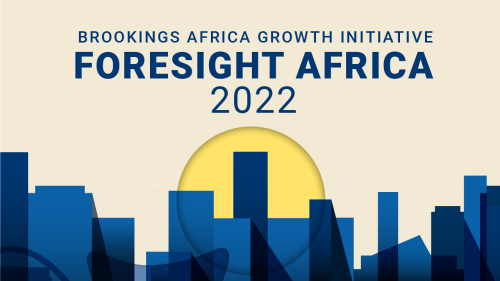
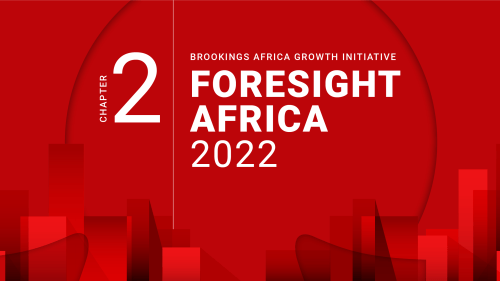
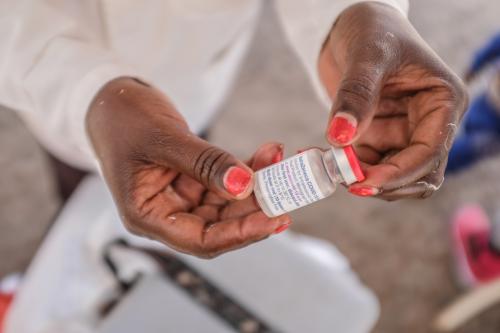
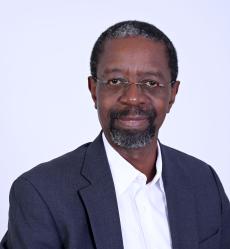

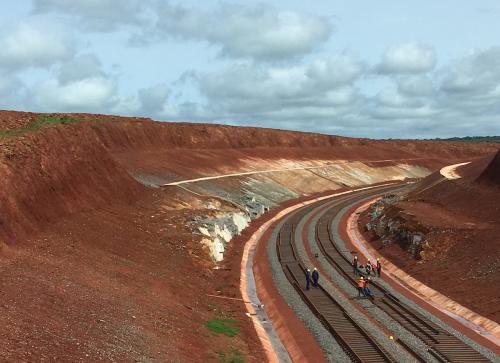

Commentary
Paying for the malaria vaccine: Will Africa take responsibility?
January 31, 2022